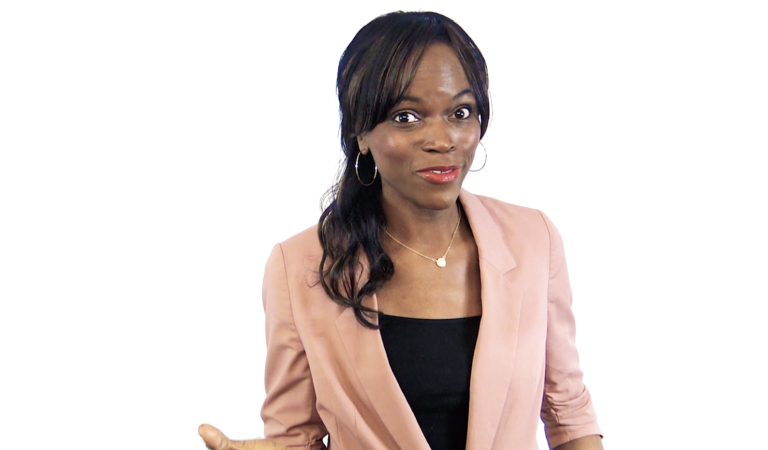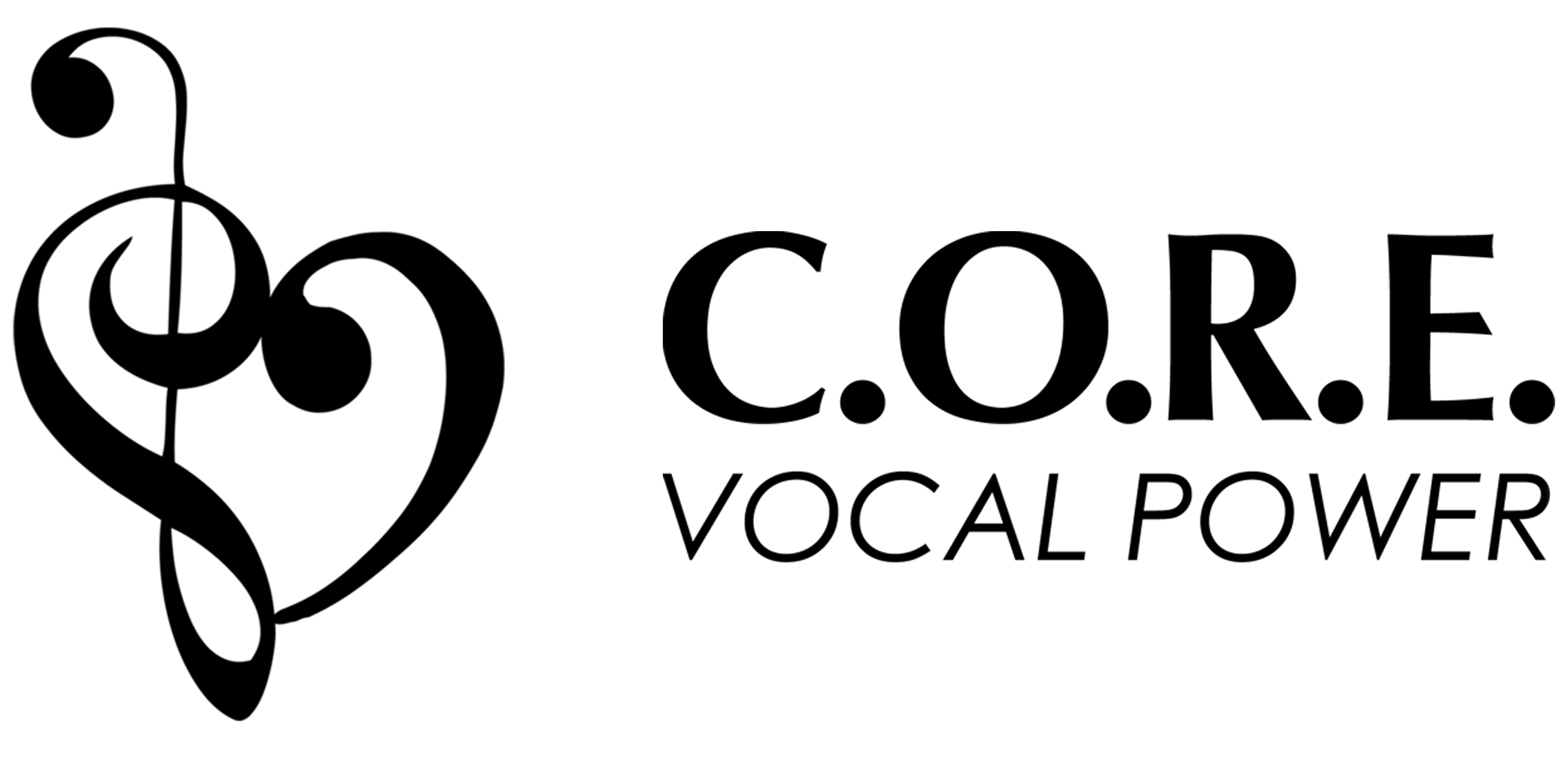Ask Dot
Nov 12, 2020 2023-10-11 0:24Ask Dot

Ask Dot Anything!
(Vocally Performance Related)
Share your questions about singing, performing, how to be more confident , or any issue you are struggling with. You can write your question below, and/or upload an audio or a video.
Your Questions Answered
How can I keep my voice healthy?
Keeping in mind that when the voice becomes “unhealthy” it’s usually the result of not caring for the body. So the easiest way to answer this is to get enough sleep, eat foods that agree with you and drink enough fluids. But everybody knows that–right!
Here are 5 of my vocal health tips:
1. Don’t smoke.
2. Try to drink ¾ of a gallon to a gallon of room temperature water a day with the right balance of nutrients in your diet.
3. Avoid alcohol, caffeine, sugar, and hot and cold drinks. In addition, phlegm creating substances can include white flour and dairy. Also, perfume or smelly soaps and lotions can aggravate the sinus areas and dry you out!
4. If your voice gets sore (which means you’re not singing properly) REST IT. That means don’t talk at all.
5. At the first sign of a cold or sore throat, take Airborne, Vocal Ease (Super Defense Wellness Formula), Vitamin C, Zinc lozenges, garlic cloves, or any other natural immune booster.
I’m a confident singer and recently started singing with a band. I’m noticing that I have to yell to be heard and I’m getting much more tired when I sing. What can I do?
This is a common trap for many singers who think that they can build their voice by pushing it. WRONG!
Don’t try to push your voice louder than your band. Turn the band down–starting with the drummer and get my C.O.R.E.® Power CD or a good vocal training CD that will help you build your voice and learn proper technique from the inside–step by step.
Remember, you can replace a guitar, but you can’t replace your voice. Build your strength gradually with the proper training, until you have mastered your desire to sing powerfully.
I have been diagnosed with vocal nodules. Should I have surgery?
First off, make sure you get more than one opinion about your nodules–especially if it was just from a vocal coach. Most vocal coaches will always recommend you see an ear, nose and throat doctor who will put a tube down your nose or throat to view your vocal folds. If the nodules are small, with the right kind of vocal therapy (which includes not talking at all for a number of days), they may go away if they are small. Correct vocal therapy (which you can learn more about on my site and by purchasing my C.O.R.E. Vocal Power™ CD) includes learning how to avoid creating nodules again. If the nodules are larger, still, surgery is always a last resort.
Begin by learning how to treat your voice right, keeping in mind that if you are using correct technique and looking after your three-fold instrument, you will not recreate the problem. Nodules are a result of vocal abuse!
How can I know if I’m honestly singing the right notes? I think it sounds good, but I wonder sometimes by the reactions I get from people, if I’m really as good as I think.
The first step to breaking into reality about your voice, is to get a voice recorder. Don’t try to listen to your voice while you sing. Your brain will interfere and make it an unpleasant experience. Let the recorder be your voice and choose to have fun!
Next, decide that you’re going to listen objectively. That means without any emotional attachment.
Record yourself saying the alphabet or speaking anything you have memorized.
When you listen back, does it sound like you or is it somehow different? Be informed that what you hear from the recorder is most likely closer to the sound of your real voice. We do not hear ourselves the way we truly sound because we are connected to our voice!
What is the color of your voice like? Is it rich, full, deep, nasal-like and bright, light and breathy, scratchy?
Keep in mind that singing is sustained speech over a range of notes, so singing should be done with the same authentic energy as speaking.
Next, record yourself singing along with your favorite artist first and listen back to both of you. Does it sound like you are singing the same notes as your favorite artist? Does your voice align with theirs? Did you take a different approach to make it sound different than your speaking voice?
Finally, sing the same song alone, without the music, and listen back. Does it sound as good as it did when you were singing along with your favorite artist? Better? The same? Are you starting and ending on the same note as they did?
As you answer these questions, be kind to yourself and remember that singing is a process. There are many levels of listening to the voice that I teach singers to explore, and as you become more familiar with your voice you will know if it’s “good” because you will have more awareness. Listening with Awareness means: observation without judgment. Be sure to read the information provided on my website for more details about how to know your voice.
Why does it seem like I can only have fun singing and sing well when I do karaoke with my friends?
Well, there are many ways I can answer this question. (Smile.) Surprisingly, I get asked this question at least once a month! When you start recognizing your voice as your MIND, SOUL and BODY, then you realize that in a setting like karaoke, usually you’ve given yourself permission to have fun.
As a result, your soul energy is freer and singing is a “low risk” situation that is freer. I can’t answer the part about your opinion on how well you sing (because I wasn’t there), but I can advise you to use that same “free energy” you’ve given yourself permission to feel at karaoke in other areas of your vocal expression that might seem a bit scarier.

